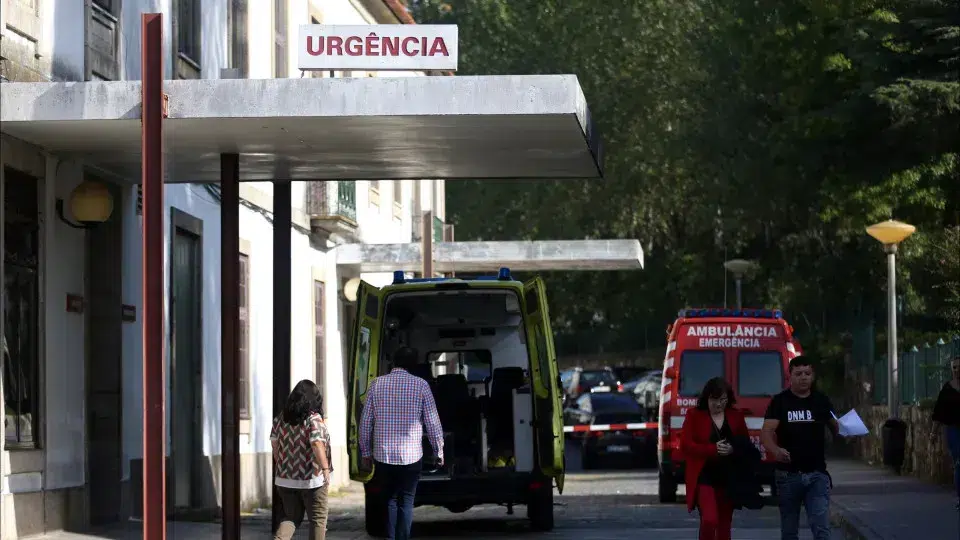
In a joint statement from the Presidency and Internal Administration, it was announced that 37 out of 38 Moroccan nationals, who entered Portugal illegally on August 8, have been released from the Temporary Installation Centers (CIT) where they were detained.
Following their release from the CIT and amid the suspensive effect of their appeals or requests for asylum process assistance, these foreign citizens are accommodated by Social Security.
Current Portuguese law sets a maximum detention period of 60 days in CIT, after which the state is obliged to release the individuals, even if the deportation process is still underway, as stated.
“During this period, two citizens accepted voluntary departure, but one of them withdrew before it was completed. The remaining citizens have resorted to legal maneuvers allowed under existing law to delay their forced removal,” the Government emphasized in the statement.
“To this end, they have filed requests for asylum or international protection and judicial appeals with suspensive effects, and have not presented documentation (which complicates acceptance of their return to the country of origin),” it added.
The Government highlighted that the judicial and administrative authorities, PSP, and the Agency for Integration, Migration and Asylum (AIMA), acted “as swiftly as possible within the limitations imposed by current law, including in detention and asylum request rejections.”
Specifically, AIMA initiated the deportation processes “in the days immediately following presentation to a judge and denied asylum requests in less than seven days.”
The executive also noted in the press release that over the past year, it has been warning about “the lack of legal, material, and organizational conditions for the rapid and effective execution of forced deportations in Portugal.”
The Government identified three “bottlenecks to the speed of deportation,” stressing that after the dissolution of SEF (Foreigners and Borders Service), the task of returning individuals was assigned to AIMA and highlighted the lack of capacity in the CIT.
Another issue identified by the Government is “the current legal regime for return in Portugal induces and permits significant delays in the process, with excessively long terms, duplication of procedural phases, and administrative and judicial appeals that can be used dilatorily.”
The Presidency and Internal Administration also emphasized that the Government has been working to resolve these bottlenecks, explaining that the responsibility for return has already been legally transferred from AIMA to the National Unit for Foreigners and Borders (UNEF) of the PSP.
This change occurred this summer “because the first attempt at the end of 2024 was rejected in Parliament by votes from the two major opposition parties.”
The Government also noted that it has approved funding for the construction of two new CITs in the Lisbon and Porto regions, which are now under the responsibility of the PSP and will add 300 places to the current 85.
“The Government’s first legislative attempt to accelerate the regime for deporting illegal immigrants was also rejected by Parliament at the end of 2024, again with votes from the two major opposition parties,” it continued.
The new proposed law to revise the return regime, announced by the Government to speed up deadlines, reduce administrative phases and dilatory maneuvers, will be presented in October, assured the ministry.




